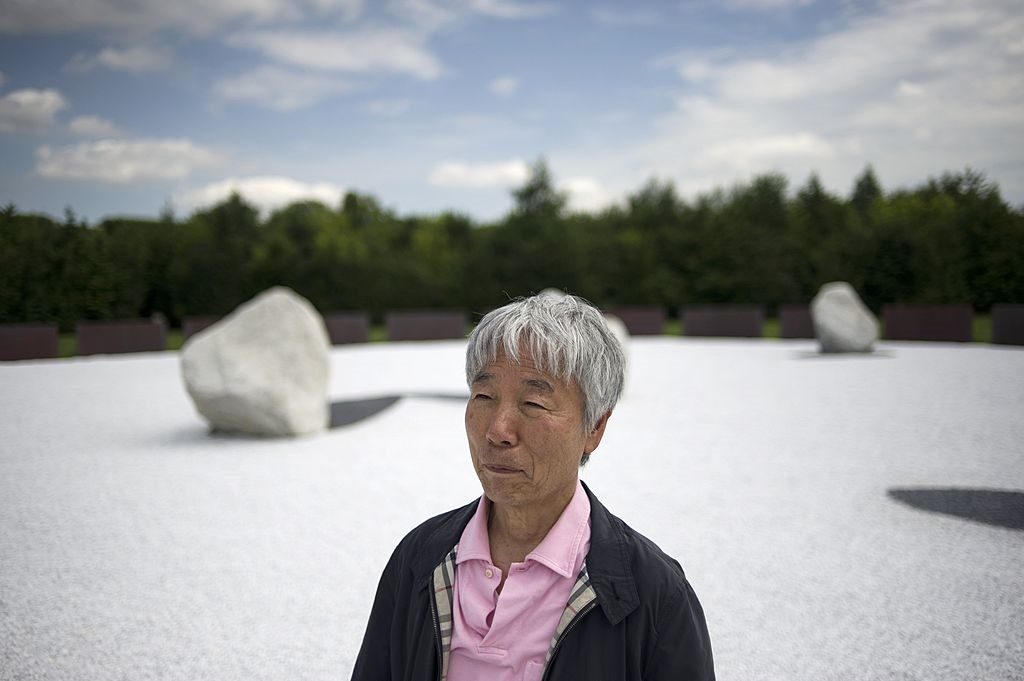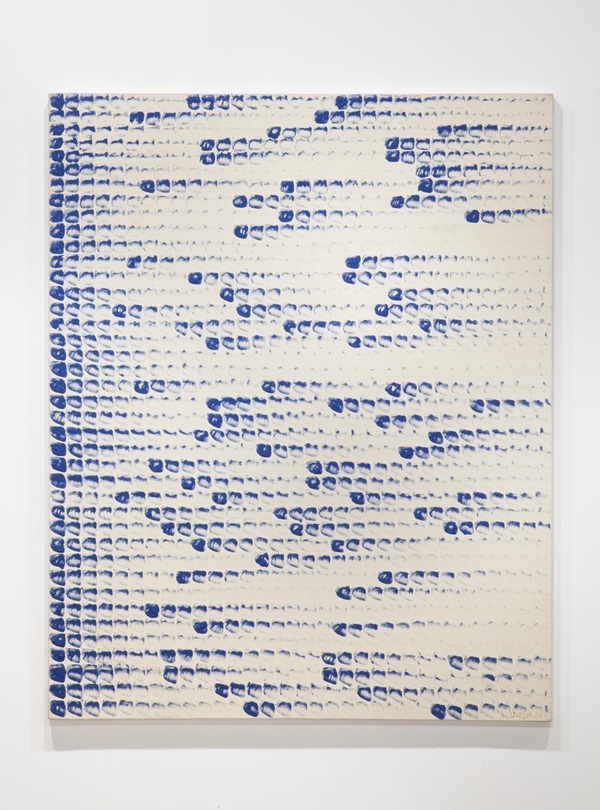Law & Politics
After a Spike in Cases, South Korea Passes New Law to Prevent Art Forgeries
It follows the bizarre Lee Ufan forgery case that made headlines this summer.

It follows the bizarre Lee Ufan forgery case that made headlines this summer.

Alyssa Buffenstein

Counterfeit scandals are all the rage—or at least, art authenticators and government agencies are getting better at spotting them. In light of this, the government in South Korea is taking steps to build a stronger, more transparent art market in the country, by implementing new laws that turn the tasks of authenticating and tracking provenance of artworks into a national issue.
The South Korean Ministry of Culture, Sports, and Tourism plans to implement a new law that will require galleries and auction houses to obtain a license to sell art, and to keep records of all artworks traded, while independent dealers must report to the ministry before doing business. The ministry will also establish an institute of art authenticators to provide investigative support in suspected counterfeit cases, the Korea Times reports.
Earlier this year, a counterfeit scandal unfolded surrounding Korean artist Lee Ufan, resulting in the indictment of an art dealer accused of selling $1.1 million worth of fake works. Recent worldwide counterfeit cases like the Knoedler trial or the forged Frans Hals scandal emphasize the need for this type of legislation.

Lee Ufan, From Point (1974). Oil on canvas. Counterfeit paintings similar to this one were investigated this summer. Photo: Courtesy Kukje Gallery
According to Korea Bizwire, the law, set to be implemented in August 2017, splits art dealers into three categories: auction houses, galleries, and “other.” When galleries and auction houses register for a license to sell art, they must submit a plan to prevent counterfeits. Galleries must provide a list of represented artists, and auction houses must have an official auction house, auctioneer, and at least 200 million won ($177,000) in capital.
When it comes to bookkeeping, the buyer’s name can be kept private. The key information is a record of all works traded, to be made available to the authorities upon request.
Punishment for selling art without a license can result in a fine, while failing to maintain proper records will be punishable by a fine or a revoked license. If a dealer is implicated in a forgery case, they could face up to five years in prison or a 50 million won ($44,000) fine.
Currently, the Galleries Association of Korea is the national authority for art appraisal and authentication; however, the proposed law will come with the establishment of a new national art authentication institute.
According to Korea BizWire, South Korea’s Vice Minister of Culture Jung Kwan-Joo said, “The institute will be operated not as a government agency but as a public one, and will help improve Korea’s art authentication technology, as well as aiding with crime investigations and trials related to counterfeit artwork. It will be staffed by professional researchers and appraisers.”